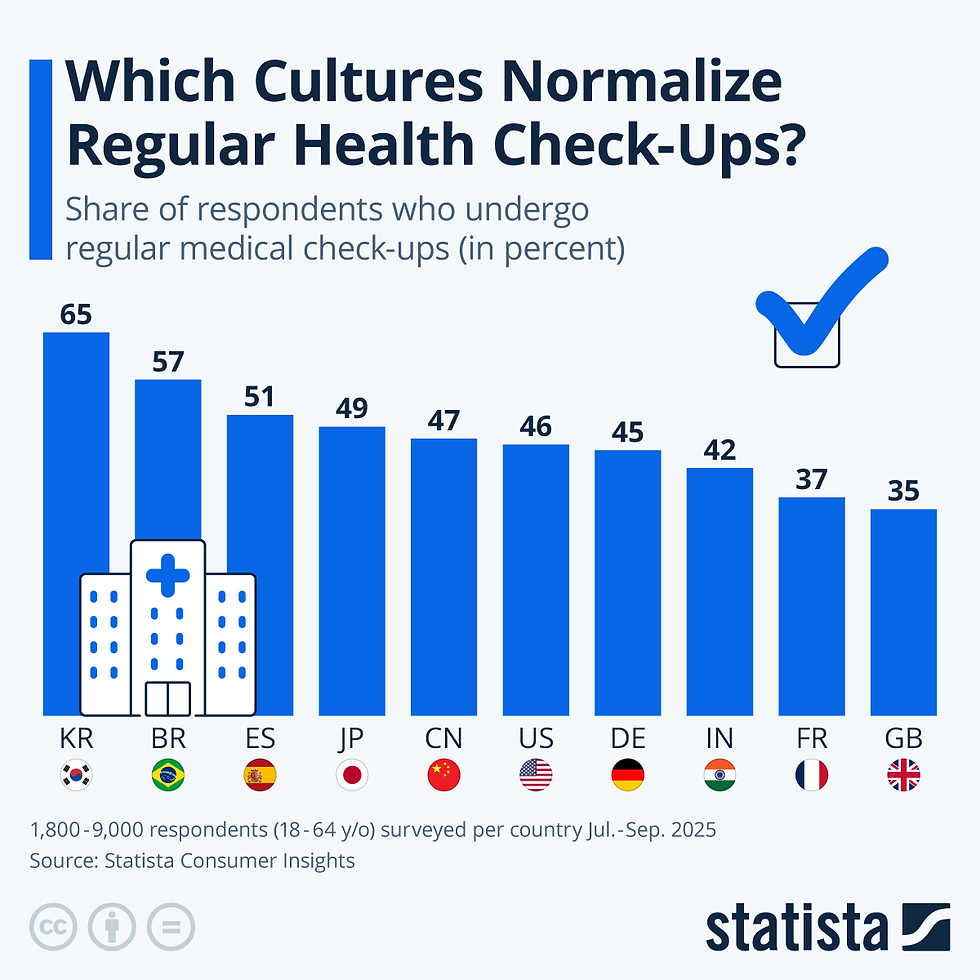The World's Uneven CO₂ Footprint
- Create and Learn

- Nov 22, 2022
- 1 min read

This article is published in collaboration with Statista
by Felix Richter
One of the main talking points at this year’s UN climate summit is the question of loss and damage, an issue that developing nations have long been pushing for. After all, they are among the most vulnerable to the impacts of climate change and the least capable to adapt, all while having contributed little to the problem. The fact that this year’s summit takes place on the African continent adds weight to the calls for climate justice, resulting in the issue being placed on the formal agenda for the first time.
According to the International Energy Agency, Africa accounts for less than 3 percent of the world’s energy-related carbon dioxide emissions to date but is disproportionately affected by the effects of climate change, including water stress, food scarcity and extreme weather events. “There’s a clear difference in culpability and capacity,” President Lazarus Chakwera of Malawi said, as African leaders spoke at COP27 this week, emphasizing that their countries lack the financial means to adequately adapt or mitigate the risks associated with climate change.
As the following chart, based on estimates from the European Commission’s Emissions Database for Global Atmospheric Research (EDGAR), shows, African nations are in fact least culpable for the build-up of heat-trapping gases in the atmosphere, while the United States, China and Russia have emitted the most carbon dioxide since 1970.
Start leaning Data Science and Business Intelligence tools:
createandlearn#analytics#dashboard#finance#accounting#tableau#powerbi#excel#sales#datascience#businessintelligence




























Comments